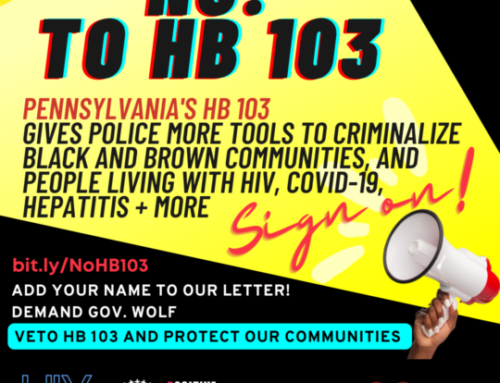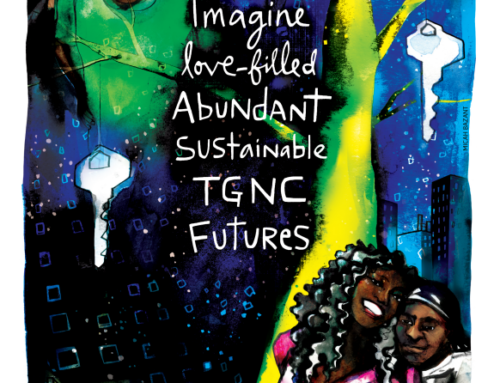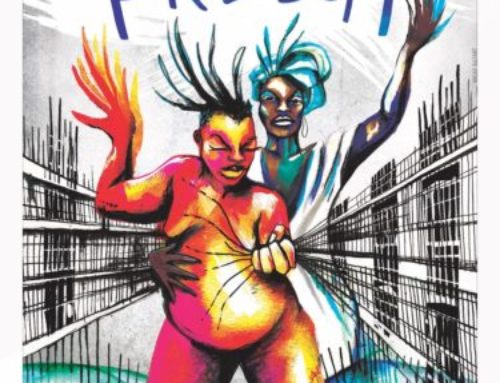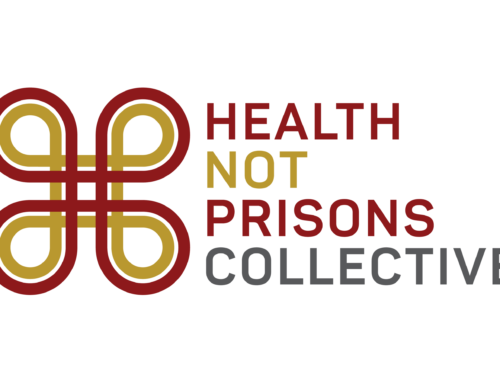**FOR IMMEDIATE RELEASE**
Contact: Jennie Smith-Camejo, jsmithcamejo@pwn-usa.org, 347.553.5174
POSITIVE WOMEN’S NETWORK – USA RELEASES POLICY AGENDA UPDATED TO PROTECT AND ADVANCE HUMAN RIGHTS IN 2018 AND BEYOND
The updated policy agenda, over a year in the making, is responsive to the current political climate yet aspirational in its vision: a world where all people living with HIV thrive with full human rights, dignity and justice.
“Our agenda contemplates a world where all WLHIV can control our own bodies, sexuality and reproductive possibilities; where access to non-stigmatizing, trauma-informed, comprehensive health care is available regardless of gender expression, country of origin or immigration status; and where all WLHIV have economic security, safety and self-determination. Our vision demands that our communities are free from interpersonal, structural and state-sanctioned violence and that we are free from surveillance, confinement and the carceral state – regardless of race, HIV status, immigration status, how we earn money and which substances we use.” – PWN-USA Policy Agenda, 2018
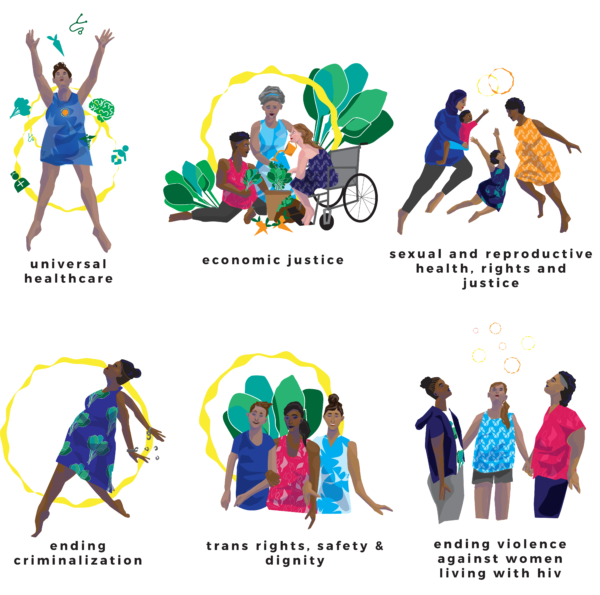 Oakland, CA, July 18, 2018: Universal healthcare. Economic justice. Sexual and reproductive health, rights and justice. Ending criminalization. Trans rights, safety and justice. Ending violence against women living with HIV. Although the current political moment requires constant defensive organizing, mobilization and advocacy to resist assaults on the communities most impacted by HIV—Black and brown, LGBTQ, low-income—Positive Women’s Network – USA (PWN), a national network of women living with HIV, aspires towards progressive action.
Oakland, CA, July 18, 2018: Universal healthcare. Economic justice. Sexual and reproductive health, rights and justice. Ending criminalization. Trans rights, safety and justice. Ending violence against women living with HIV. Although the current political moment requires constant defensive organizing, mobilization and advocacy to resist assaults on the communities most impacted by HIV—Black and brown, LGBTQ, low-income—Positive Women’s Network – USA (PWN), a national network of women living with HIV, aspires towards progressive action.
Rooted in racial and gender justice, our new policy agenda is both an aspirational vision of a safer, more just world and a guidebook for advocates and activists, especially women and people of transgender experience living with HIV and our allies, to follow. Each policy area begins with our vision; includes an analysis of the current state of play and concludes with specific recommendations for action at the local, state and federal policy level.”
Because the HIV pandemic globally and domestically has been propelled by racism, poverty, misogyny and intersectional stigma, we understand that achieving our vision requires an approach to policy advocacy that takes these factors into account while centering the thought leadership, representation and voices of communities that are directly and disproportionately impacted. Thus, PWN began updating our policy agenda in spring 2017 with the intent of aligning our priorities with the current advocacy needs of our diverse community during the current political climate and well beyond. We held listening sessions with members and conducted a national survey to understand which issues were most critical to our constituency in the new and rapidly changing political landscape; and of those, which we were best positioned to advance. A committee of members, the “policy agenda squad”, was convened to provide meaningful input and thought leadership, as policy and subject matter experts, to drive the revisioning and redrafting process.
PWN is proud that this new policy agenda jointly reflects the immediate need to protect human rights and basic safety, while also upholding a long-term vision that drives our advocacy forward, building solidarity and long-term political power. We firmly believe that this intersectional agenda, and our increased strategic focus on state-level policy, will guide us towards transformative wins.
Despite the need for reactive advocacy, our vision also demands that we push the edges of what is broadly considered politically possible. Thus, we seek to uplift, support and, where necessary, create transformative campaigns that redistribute power away from the systems that have not served us and which actively harm our communities.
In the process, we are committed to building long term and sustainable political power for our people. As a result, our policy agenda reflects:
- Defensive campaigns to maintain the programs, services and policies on which women living with HIV rely for survival.
- Long-term investment in interrogating, disrupting and eventually dismantling oppressive systems — holding them to account for decades of neglect and even exploitation.
- Visioning and creating alternative systems, institutions and processes that serve our communities better.
Although our political environment, especially at the national level, has changed significantly over the past decade, our unwavering commitment to fighting for rights, dignity and justice for women and people of trans experience living with HIV and our communities has not.
Join us for a webinar that breaks down our new policy agenda and learn how it can be used in your advocacy Thursday, August 9, at 3pm EDT. Register here.
###



